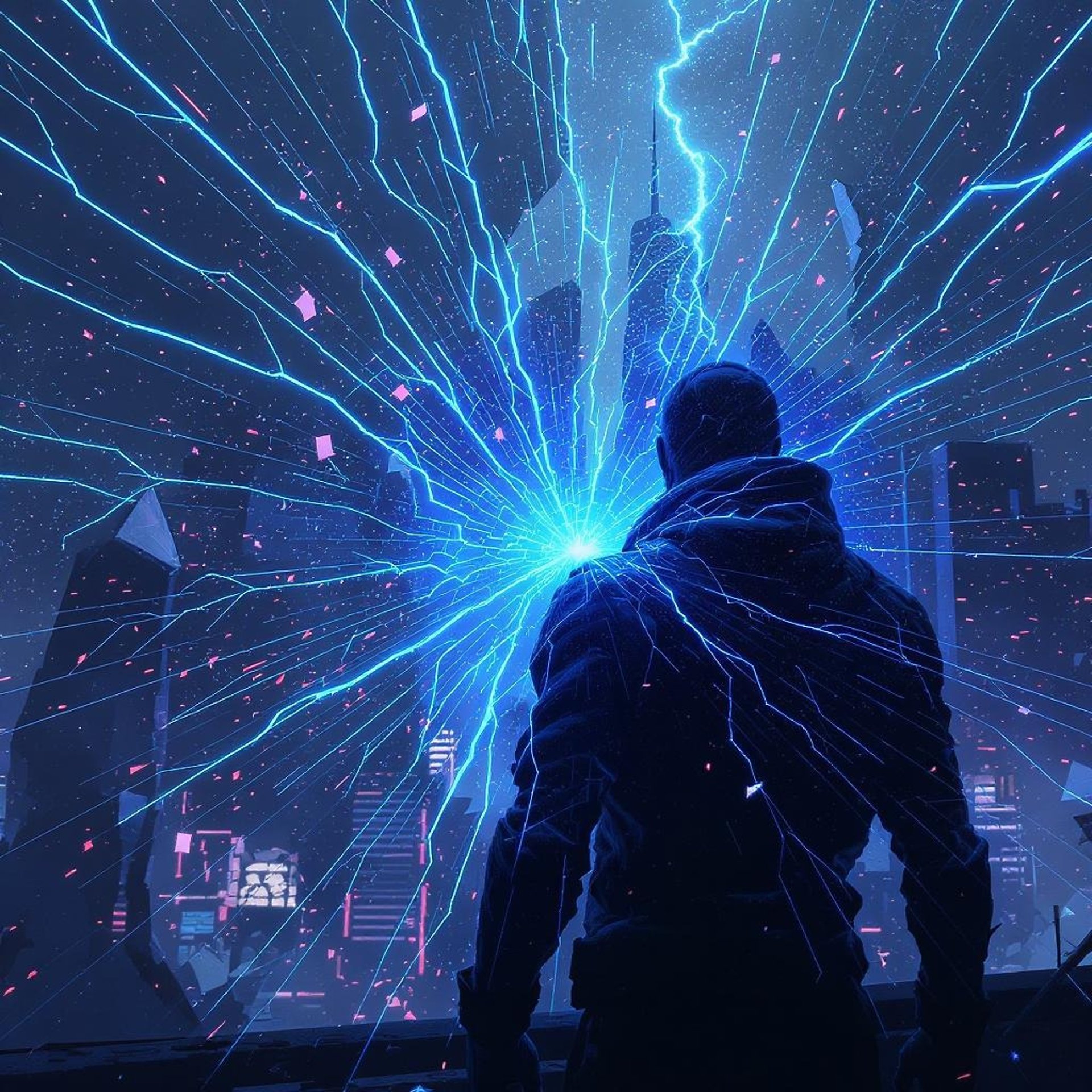
THE VALUE OF THE LIKE: Interactions, Algorithms & Digital Reward
How One Click Reshaped Our Social Logic — Psychological and Social Impacts of Likes. Uncover why a single “like” carries immense psychological weight, how algorithms turn validation into currency, and what it means for our collective behavior and self‑worth.


WHY A LIKE IS MORE THAN JUST A “LIKE”
Every tap of the heart icon delivers a tiny neurochemical thrill. Likes activate the brain’s reward pathways—releasing dopamine in the same circuits triggered by food or social bonding. Over time, this shapes our behavior:
Validation Loop: Users who receive more likes report higher self‑esteem—but only temporarily, leading to a constant craving for the next hit vocal.media.
Algorithmic Reinforcement: Platforms prioritize content that drives engagement. The more likes you chase, the more the algorithm feeds you similar stimuli, deepening the cycle economictimes.indiatimes.com.
Case Study: A University of South Australia study found that men who obsessively track likes on body‑image posts are more prone to muscle dysphoria, extreme dieting, and even steroid use—underscoring how digital praise can fuel real‑world harm nypost.com.
🎭 CULTURE OF PERFORMANCE & ANXIETY OF BEING SEEN
How Hyper‑Exposure Is Undermining Mental Health, Especially Among Young Creators
Constant Curation: Every post becomes a performance—filters, captions, angles. Creators often spend up to 3 hours editing a single shot to maximize likes and shares gitnux.org.
Comparison Trap: Seeing peers’ “perfect” lives fuels social comparison anxiety. 70% of teens admit anxiety over getting likes and comments, and over 50% report feeling worse about themselves after posting gitnux.org.
Creator Burnout: The pressure to constantly deliver high‑engagement content leads 45% of young influencers to report creative exhaustion, mood swings, and digital fatigue, with some ultimately quitting platforms to protect their well‑being.
Real Voices:
“I’d wake up checking my feed—every day felt like an audition.”
“Lack of likes felt like failure. I questioned my worth.”
This performance culture demands endless visibility, and for many, the anxiety of “being seen” eclipses the joy of self‑expression.
🔔 THE NOTIFICATION ADDICTION: The 21st‑Century Drug
Data, Physiological Effects, Big Tech Strategies & How to Detox Your Brain
StatisticFigureUsers checking notifications within 5 minutes of waking70%Average daily notification-triggered check-ins85 times/dayIncreased cortisol (stress hormone) levels in heavy notifier users+23%Probability of distracted driving accidents when glancing at notifications27%
(Sources: GITNUX Mental Health Report 2024, NeuroTech Journal 2023)
PHYSIOLOGICAL Hijack
Cortisol Surge: Each ping triggers a mini “fight‑or‑flight” spike, elevating stress levels over time.
Dopamine Craving: The unpredictability of notifications mimics slot‑machine mechanics, reinforcing compulsive checking.
BIG TECH’S PLAYBOOK
Variable Rewards: Platforms deliberately randomize notification timing to maximize engagement.
Micro‑Interrupts: Small badges and red dots keep you in a state of “continuous partial attention.”
BRAIN DETOX STRATEGIES
Batch Your Alerts: Disable all but essential notifications; check at set intervals.
Do Not Disturb Rituals: Use “focus modes” during work, meals, and before bed—reducing stress hormone exposure.
Visual Reminders: Place a physical timer or note near your workspace to override the “ping reflex.”
🔄 CONNECTING THE DOTS
Likes fuel performance anxiety, which in turn heightens the need for constant notifications.
Algorithms leverage both to keep you scrolling, posting, and checking—transforming your attention into data and revenue.
🛡️ PRACTICAL TAKEAWAYS
Mindful Interactions: Remind yourself why you’re online—engage with intention, not compulsion.
Content over Validation: Post for expression first; metrics second.
Notification Audit: Trim or batch non‑critical alerts.
Offline Rituals: Schedule “unplugged” time for real‑world connection and reflection.
✊ JOIN THE CONVERSATION
Your click matters—but so does your well‑being. Share your stories with #LikeLogic, #PerformancePause, and #PingDetox, and let’s rewrite the rules of digital engagement together.

